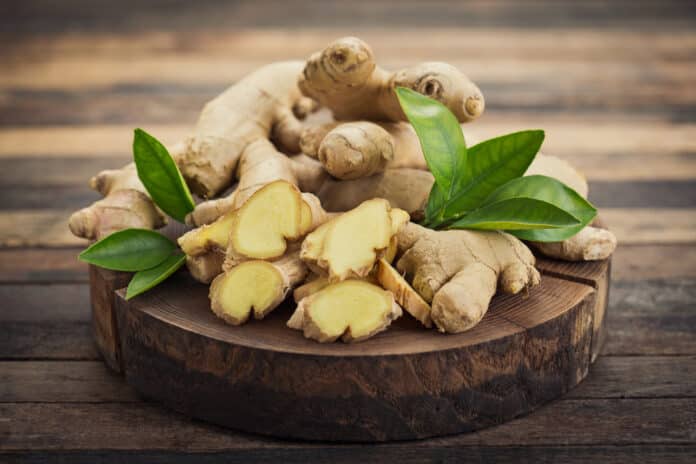
Acid reflux, gastroesophageal reflux disease, also called GERD is a disease most people mistake for an ulcer because of the similarities in symptoms. It is a condition that involves the backward movement of gastric acids to the esophagus.
This will lead to symptoms like a burning pain in the chest, Irritation, and inflammation. In addition, untreated or poorly treated GERD increases your risk of esophageal neoplasm and other conditions like laryngitis, erosion of tooth enamel, and metaplasia in the esophagus (changing like the lining).
Most doctors will prescribe readily available antacids to decrease stomach acid production. However, some natural remedies, such as supplements and herbs, are helpful. But a combination of these remedies with a prescription from your doctor is better.
Here Are 4 Natural Solutions For Gerd
1. Peppermint Oil
The primary source of peppermints is tea leaves and sweets. Commonly, peppermints are used to relieve nausea, colds, headaches, and stomach problems.
Several investigations revealed that peppermints improve symptoms of GERD. But it is highly discouraged to take antacids and peppermints together. Because instead of relieving your symptoms, it will increase your chance of developing heartburn.
2. Ginger Root
Historically, the Ginger root is used in the management of nausea. Ginger ale and ginger gale are standard remedies for pregnancy-induced nausea or morning sickness.
Also, history has it that ginger has been used to manage heartburn and other gastrointestinal diseases. And the active ingredient that executes this effect has anti-inflammatory characteristics. As a result, it reduces Irritation and swellings in the esophagus.
And the best part is the side effects of ginger root are few. Making this herb relatively safe for use in the treatment of GERD, except when you consume more than what’s needed.
3. Antioxidants
Antioxidants have been effective in the management of GERD too. Typically, they contain vitamins A, C, and E. But note that vitamin supplements are not allowed to be used in excess. So if you’re getting enough of it from your diet, you need not take any.
A simple blood test will help you determine which vitamins you need as supplements. That’s the vitamins that you’re not getting enough from your diet. And you can take this as a supplement. Most of the time, healthcare professionals recommend multivitamins for you.
4. Melatonin
In addition to herbs, some prescription supplements can help decrease the symptoms of GERD or even reduce the chances of their occurrences. Amongst these supplements is melatonin.
Melatonin is a hormone produced by the brain’s pineal gland. And it induces sleep; that’s why it is called sleep hormone.
According to investigations, melatonin also relieves symptoms of GERD in combination with other reflux medication. This is to say that using melatonin alone is insufficient until it’s augmented with other effective supplements in treating Gerd.
Conclusion


















